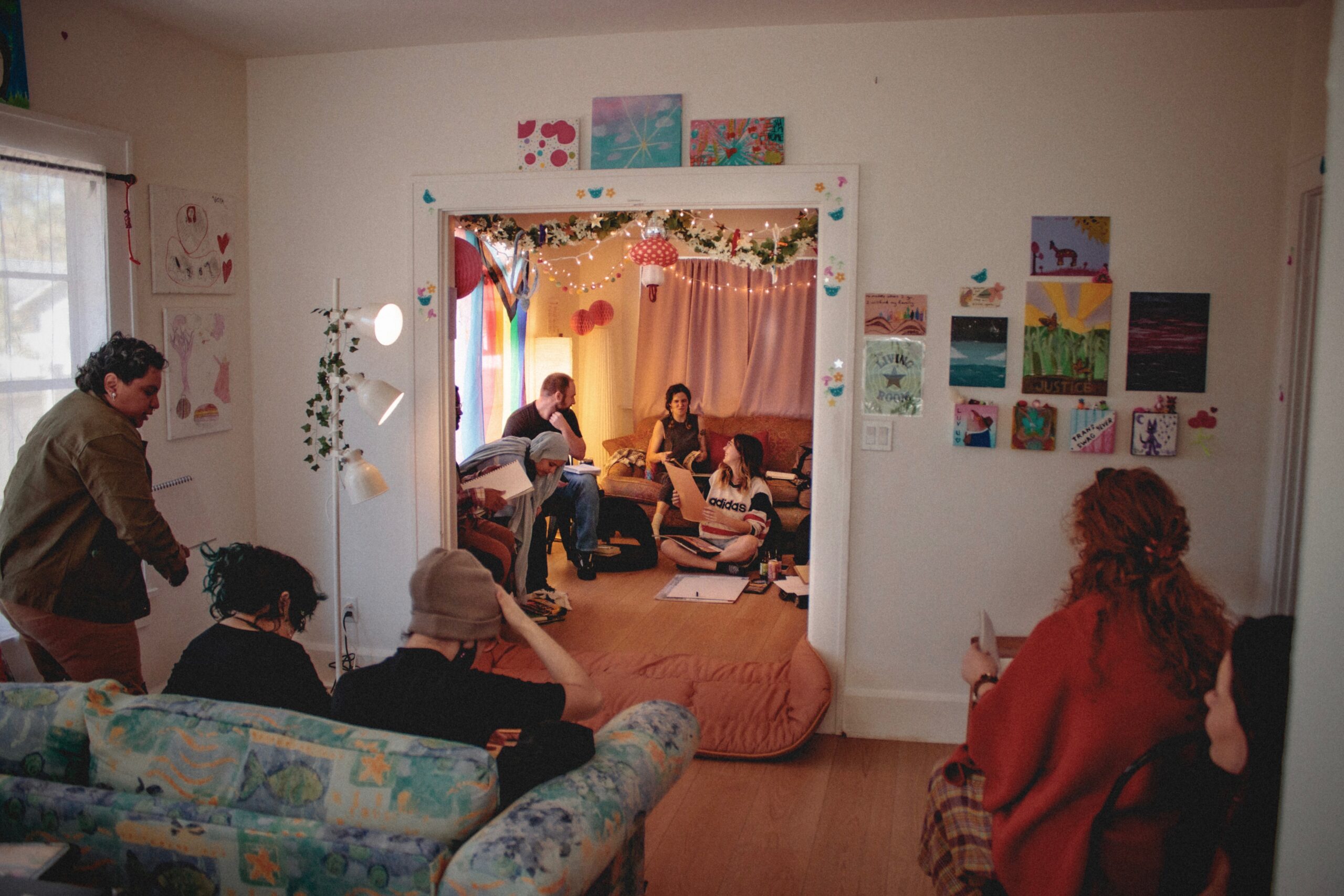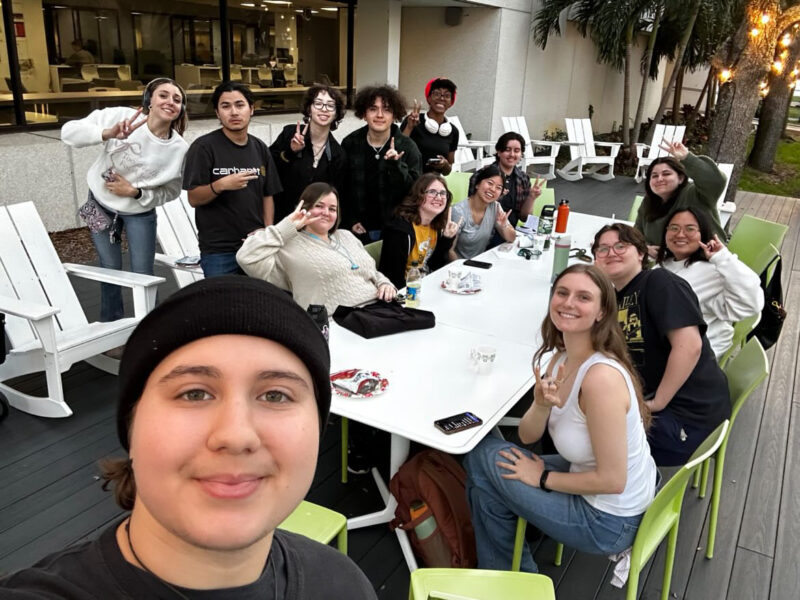August Wilson’s play “Radio Golf” feels as relevant today as it did when it was first written a decade ago by the late playwright.
The play, Wilson’s final work, takes place in 1997 in the Hill District of Pittsburgh where Wilson grew up. Although some of the pop culture references have since taken on new meanings, the underlying message behind Wilson’s writing has remained unchanged: on your way to the top, don’t forget where you came from.
The story features a small cast of only five characters. Harmond Wilks is an upwardly mobile realty developer well on his way to becoming the first black mayor of Pittsburgh. His wife Mame is calculating and feels she knows what is best for her and her husband.
Neither one of them is as blinded by greed and ambition as Harmond’s business partner Roosevelt Hicks # who plays golf and works as a banker when he’s not helping Wilks develop The New Bedford Hills # which is what they are calling their forthcoming development over the Hill District.
The other two characters are residents of the Hill District, and neither one of them is impressed with Harmond or by the idea of the New Bedford Hills. The first is Sterling Johnson, a childhood friend of Harmond’s, who has since been in and out of jail and works in construction. He stops by the office of Wilks and Hicks looking for a job, and then recognizes his old friend.
The final character is Joseph Barlow, or Old Joe, as he prefers to be called. Joe’s house is on the list to be torn down during the renovation of the hill, but he is convinced that he still owns the property. These two characters often bring comic relief to the story and quickly become its moral center.
The title “Radio Golf” is a reference to what is ultimately the divide between Wilks and Hicks. Golf is a sport that both men enjoy, but while Wilks views it more as fun and nostalgic, Hicks likes it for all of the power it brings him.
In the first scene, Hicks hangs up a poster of Tiger Woods above his desk, which is contrasted by the Martin Luther King Jr. poster above Wilks’ desk. Hicks goes through an entire monologue about his golf club making him feel like a man, and how he wished he could have played when he was younger.
One day after playing on the golf course, Hicks excitedly tells Wilks about a business deal, offered to him after a game by a notably slimy white businessman named Bernie Smith. Hicks has been offered a partial ownership of a radio station and, as such, can use some of the airtime to boost Wilks’ campaign. Wilks warns him that he’s just being used for his skin color, but all Hicks sees are dollar signs.
Golf also comes into play for Wilks later when his personal golf clubs are stolen and returned back to him for a cost.
In the American Stage Theatre’s production of Radio Golf, the casting is superb.
Alan Bomar Jones portrays Wilks with the perfect combination of ambition and heart, with an underlying exhausted nature at all times. Even at the beginning of the play when Wilks is at his most confident, the audience can still feel that he is being pushed around by just about everyone in his life, and it slowly begins to wear on him.
Jones shines the brightest near the end of the second act in an explosive monologue about how he has been controlled and manipulated his whole life, and he won’t take it anymore.
Chrystal Bates as Mame is perfectly sharp and cordial in the first act, and is wonderfully emotional and angry in the second. In Mame’s monologue response to Wilks, she is hurt and inconsolable; she makes the audience feel her pain. While her character could easily slip into cruel and unsympathetic, Bates maintains the balance perfectly.
Kim Sullivan plays hicks with unflinching energy throughout the entire show. While his character has the smallest emotional journey, he is nonetheless a joy to watch. From the time he steps on stage to curtain call, Sullivan is fast-talking, condescending and arrogant. His character starts off the play as ambitious but harmless, and ultimately becomes the villain, and Sullivan plays it to the fullest capacity.
The actor known as “Ranney” plays Sterling and shows a wide range of emotional depth throughout the production. His role starts as a simple but lovable man, and grows to be smarter and more realistic than anyone else in the show. Ranney makes Sterling goofy, intelligent, intimidating and heartfelt. Sterling also ends the play with a dramatic monologue, and Ranney pulls it off without a hitch.
Anthony Chisholm plays Joseph “Old Joe” Barlow, and it’s not his first time around. Chisholm introduced the role on and off Broadway, and received a Tony nomination for his portrayal.
Because he plays an older man who often tells unintelligible stories about the past, which could become slapstick or boring, his character is certainly the most challenging to play. Yet, he gives Barlow heart and wisdom, along with comedic timing and wit.
Because his lengthy dialogues about the past and present feel real instead of preachy or forced, Chisholm is truly the stand-out performance of this production.
This production of “Radio Golf” is not one to be missed. Wilson’s writing is superb, and the cast honors his words and message in every way.
Radio Golf is playing through March 1 at the American Stage Theatre, 163 Third St. N. For ticket information, visit http://www.americanstage.org/radio-golf.php. On Jan. 21, a pay-what you-can viewing is at 8 p.m.


